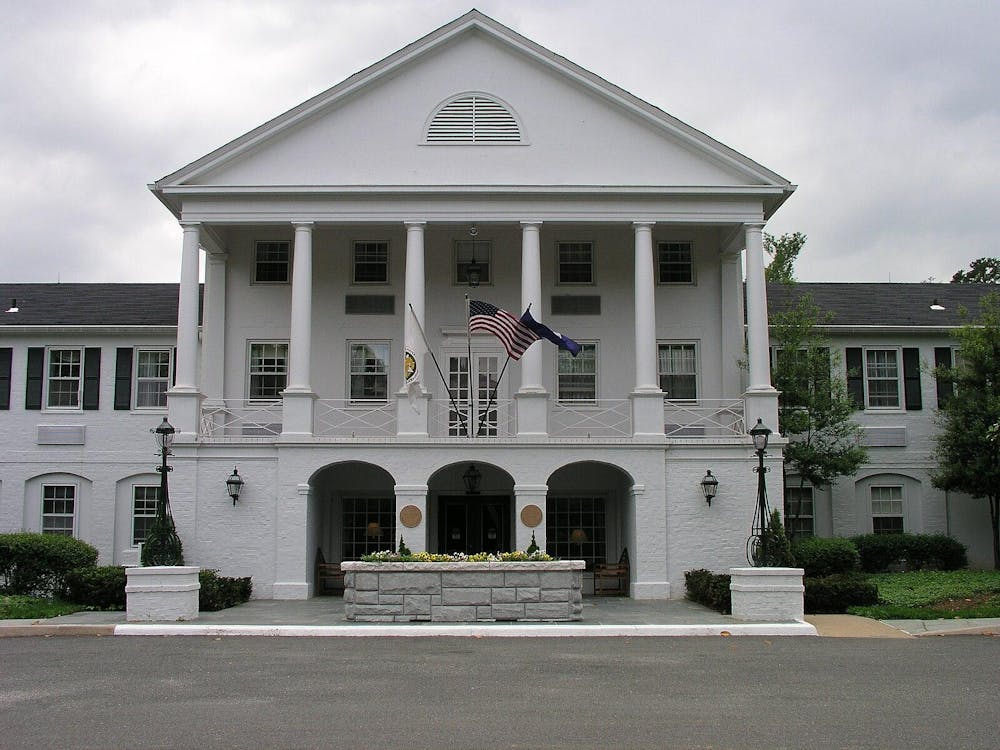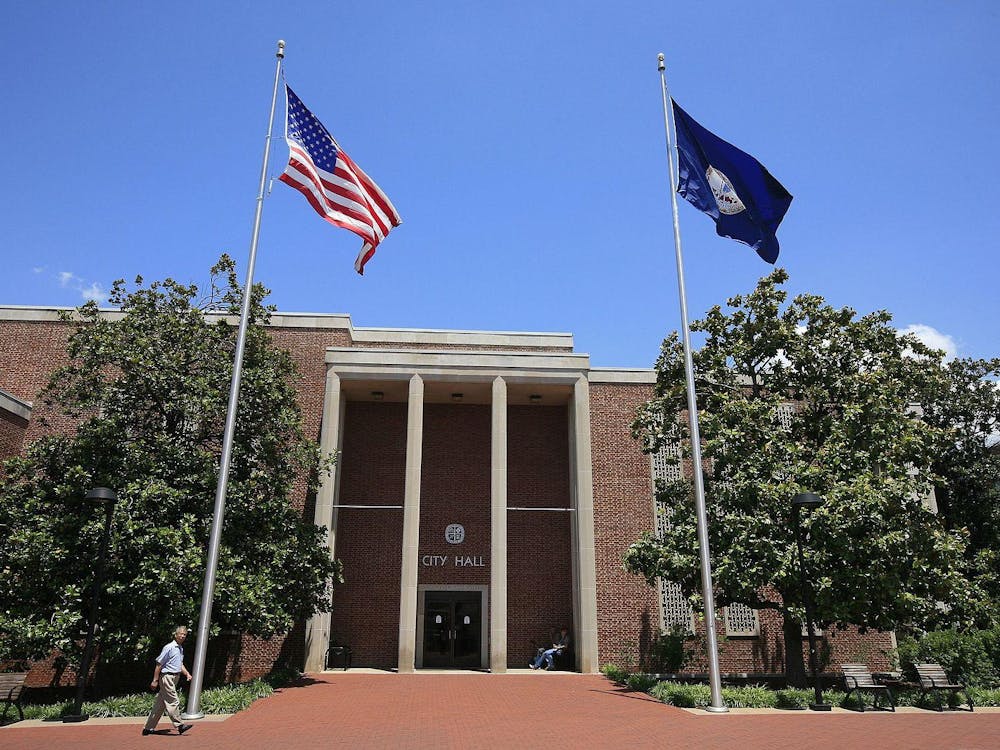THE RECENT report in this newspaper on the American College and University Presidents Climate Commitment highlighted the inadequate response from our own institution.It's high time that the University community was made aware of President Casteen's inaction on environmental and energy policy.From academic rivals like UNC-Chapel Hill and the University of Pennsylvania to state schools with a much larger student bodies like the University of Florida, the University is being outdone.
The Intergovernmental Panel on Climate Change, the most authoritative and conservative body investigating human-caused climate change, recently reported with scientific certainty that human activities are warming the climate, driving shifts towards more erratic and severe weather events and sea level rise. There is no longer doubt in the scientific community about anthropogenic climate change.
The evidence points to a future of global climate change: not just fewer glaciers and the extinction of polar species, but stifled economic growth, regional agricultural collapse, and human suffering on an unimaginable scale. But at the University we sit on our heels waiting for others to act, protected from the consequences of our inaction.
We commend the progress that certain departments and groups have made in reducing our waste and carbon emissions. The Board of Visitors recently approved a measure to build all new buildings and retrofit existing buildings to comply with the LEED standards created by the U.S. Green Building Council.Now we need to ensure that this directive is fully enforced and funded, and that the important renovations are prioritized.Likewise, the wonderful document published by the Office of the Architect suggesting positive changes for campus sustainability needs to move from the realm of guidelines into that of mandates.The Energy Management Program of the Facilities Department too continues to make strides in efficiency, but their hands are tied by the complacency of their supervisors and their budgets.
Employees in these departments are seemingly hired to oversee the reduction and conservation of energy at the University 10 percent of the time -- and to laud the reduction and conservation of energy at The University 90 percent of the time.Students, in two separate referenda have voted in favor of an extra $7 on their Student Activities Fee for investments in green energy.It's too bad that some of that 90 percent can't be spent supporting student initiatives.
Furthermore, the Sustainable Endowments Institute recently released its College Sustainability Report Card for 2007, and no one on grounds blinked an eye at the University's poor showing.The Institute is funded through a special project of the Rockefeller Philanthropy Advisors, not a name you associate with radical politics.Their survey of the 100 colleges with the largest endowments in the US and Canada awarded the University the shameful grade of D+.Left in the dust by colleges that we claim to model ourselves after, the University paled next to Harvard, Dartmouth and Stanford's A-'s.Yale and Princeton received a B+ and a B-, respectively.If Casteen was waiting for his Ivy League approval stamp on environmental sustainability, here it is.
Environmental advocate and Engineering School Professor Paxton Marshall likes to say that if Thomas Jefferson were alive today, he would surely recognize global sustainability as the greatest challenge of our generation. When campuses across the nation employ millions of people, drive a $317 billion economic engine, and are training some 17 million future leaders, the University cannot ignore its impact on, not just its grounds and immediate environment, but on the ecological sensibility of its students.We need to be graduating a student body with a greater fluency in environmental issues and a commitment to sustainability.
It's time for a unified, universal declaration of sustainability from the administration -- a recognition of the University's role in leading the fight for future generations.We need executive declarations of sustainable priorities in building, reconstruction, education, fundraising, and endowment practices. Donors should be approached, not for new stadiums, but for renewable energy credits and cutting-edge environmental construction projects.Though the majority of improvements to be made include long and short-term financial paybacks, the issue is not just an economic one, but a moral one.
We believe that for the University to maintain its tradition of excellence in the era of global climate change, it must do more than drag its feet behind other schools. We must choose to lead the pack, taking pride in vastly reducing our institutional contribution to greenhouse gasses while simultaneously shaping students who are prepared to work in a world where climate change affects our economical, political, and ethical lives.
As a first step, we call on Casteen to take a step in the right direction by signing the American College and University Presidents Climate Commitment.
Jackie Kruszewski and Gabe Silver are fourth-year students in the College.






